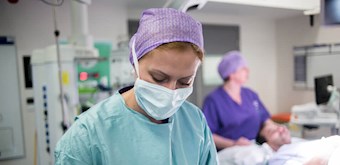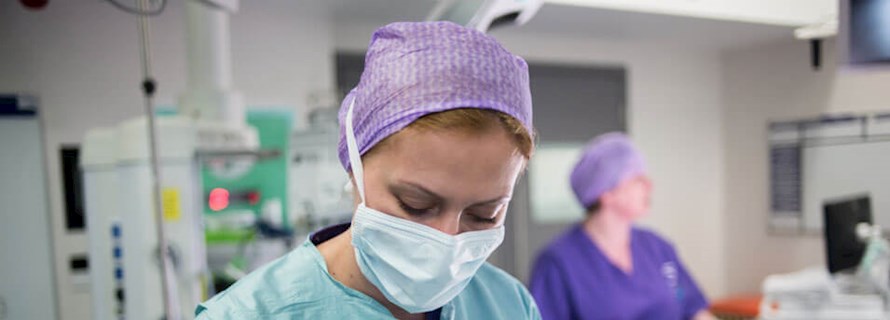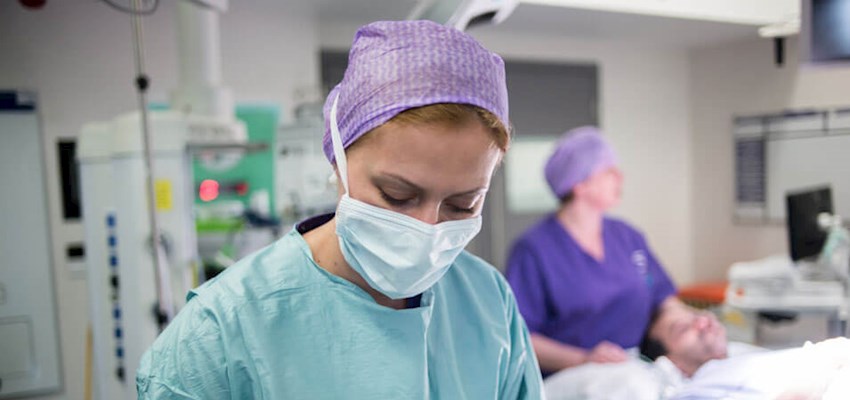Aortic root surgery
Aortic aneurysm surgery
If you experience heart related problems that require aortic root surgery, our cardiac experts can help to treat you
What is aortic root surgery?
The aortic root connects the aorta and the heart. It contains coronary arteries and the aortic valve. Surgery is often carried out if the aneurysm reaches around 5.5cm in diameter.
For patients with conditions such as Marfan syndrome, surgery is required if the aneurysm is even smaller in size.
Need to know
-
What happens during aortic root surgery? icon plus
Aortic root surgery is carried out under general anesthetic. Your cardiac surgeon will firstly set aside your aortic valve and remove the aneurysm (enlarged area) on your aortic root. A synthetic tube (graft) will then be inserted as a replacement for this section of the root.
If you're undergoing an aortic valve repair, your aortic valve will be reintroduced into the tube. This is beneficial for young people, as they may not need to take anticoagulant medication for the rest of their lives. If replacement surgery is required, a tissue or mechanical valve will be used. -
How to prepare for surgery icon plus
Your consultant will explain how to prepare for aortic root surgery, answering any questions you might have. They will advise you on what to wear to the hospital, as well as food and drink intake 24 hours before the food procedure.
You will likely have an echocardiogram, which is a type of ultrasound scan that assesses your heart and the condition of your valves and vessels. You may also have a cardiac MRI scan and CT scans. These produce in depth images of your heart for your consultant. -
After surgery icon plus
Similar to open heart surgery, a gradual recuperation period is normal. However, provided you have no other serious medical conditions, you should experience a smooth recovery process. Regular check-ups with your cardiologist are recommended to monitor the valve.
In order to prevent clotting, you may have to take anticoagulant medication for an extended period of time.
Our cardiac specialists




Our cardiac locations in London
From complex cardiothoracic surgery to tests and diagnostic procedures, we provide exceptional cardiac care across our network of hospitals, outpatient centres and specialist clinics.
Private aortic root surgery in Birmingham
Request a cardiac appointment
If heart symptoms are affecting your quality of life, we’re here to help. Our heart team is available to book an appointment with a cardiac specialist.
Call us today
020 7616 4988